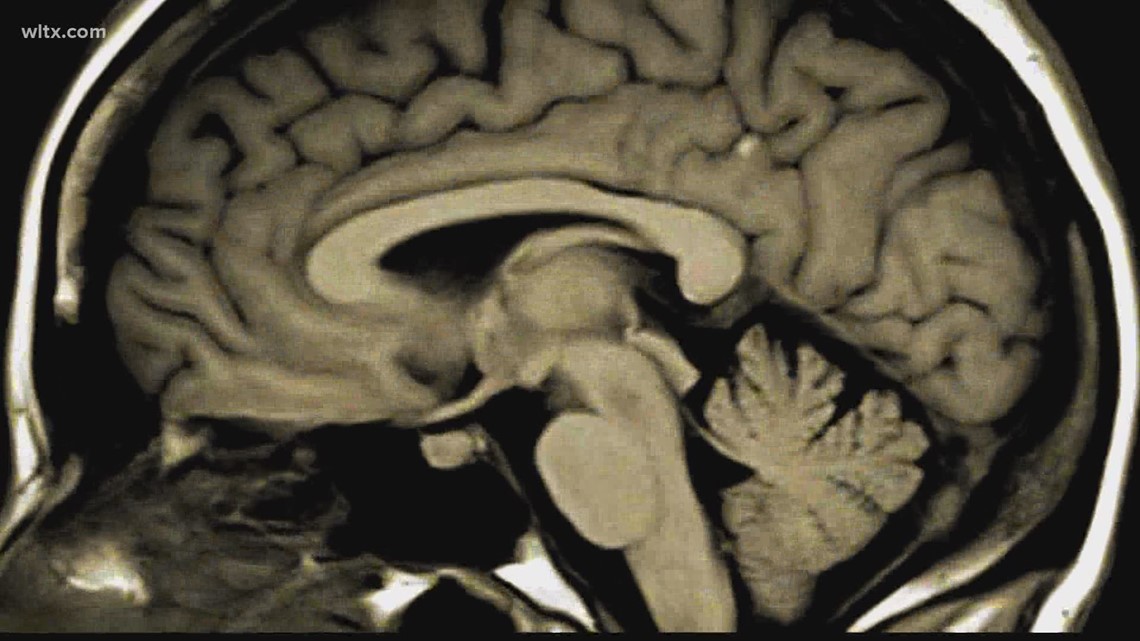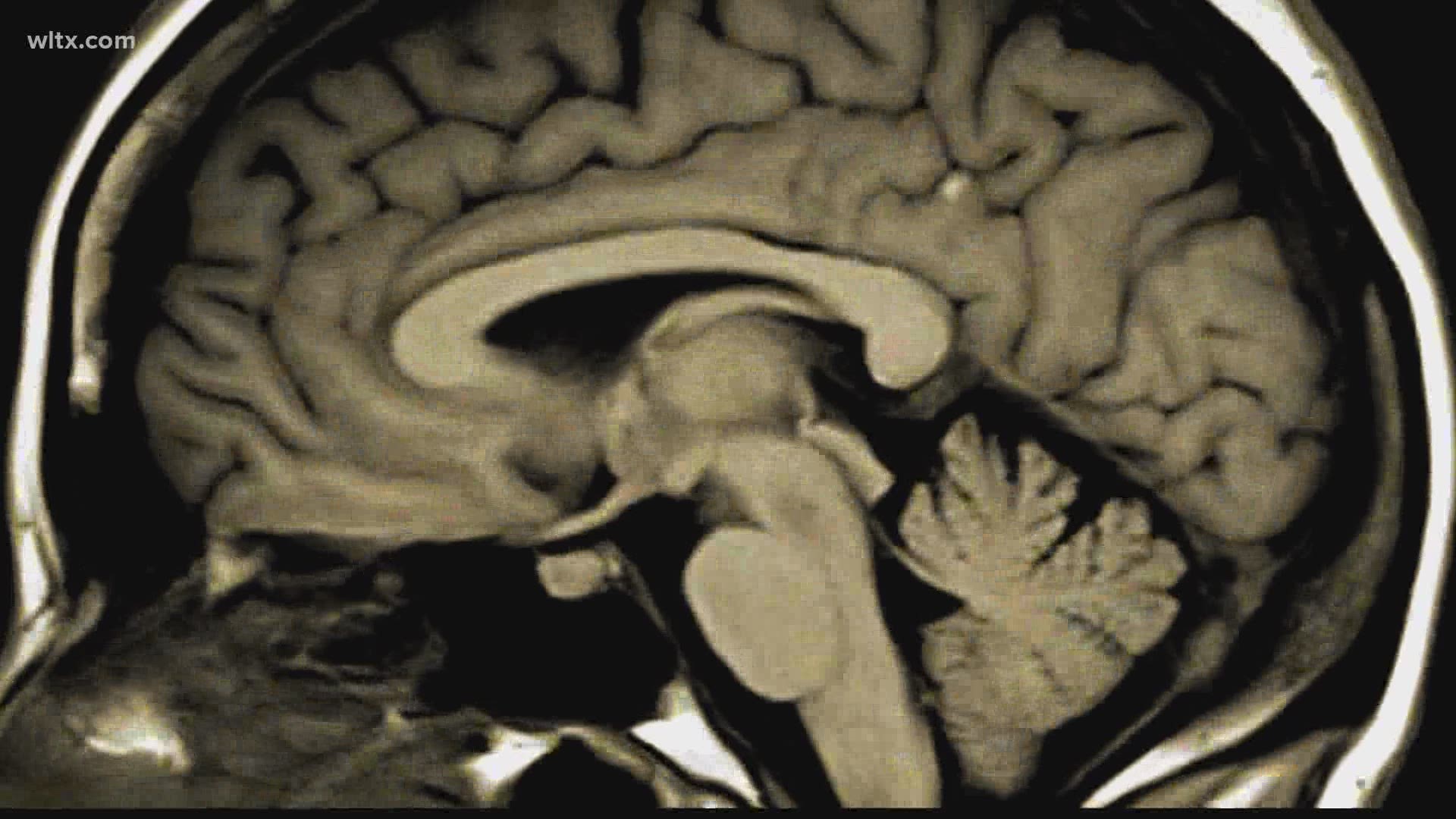COLUMBIA, S.C. — Thursday, Oct. 29, is World Stroke Day. According to the CDC, someone in the U.S. has a stroke every 40 seconds. Worldwide, about five million people die every year due to a stroke.
Strokes are a leading cause of disability in the United States. According to AnnMarie Knight, the chair of the undergrad Speech Language Pathology (SLP) undergrad program at Columbia College, different strokes can potentially affect the brain in different ways.
As a Speech Language Pathologist, Knight evaluates how the stroke affected the brain and from there works with the survivors to help them regain their independence.


"We follow stroke patients really from about 24 hours of injury, all the way up until the end of their recovery...Independence is always the goal," says Knight.
She explained that not all patients recover 100 percent and that some never regain full functionality, so recovery for them means finding ways to work around difficulties.
For some survivors, Knight says, recovery is made more difficult due to lack of speech therapists.
"You know we have a lot of rural areas that don't have enough providers. Sometimes there's a really long delay between the time the person has the stroke and gets released from the hospital, to when they're able to maybe have a home health provider come out to the home and start working with them."
According to Knight, another big factor that plays into recovery is personal attitude and having a strong support system.
"That family support really helps to boost them, encourage them and help them keep going in their recovery."
Remaining positive can help keep some patients from putting a lot of pressure on themselves to return to their normal.
Knight also suggests finding a support group of other stroke survivors and their families. The support groups provide an encouraging community of people who can relate, share experiences and build each other up.
One thing Knight wants to emphasize is the need for more Speech Language Pathologists.
"The more students that come from rural areas, go through our academic programs and then go back to provide care in their own home communities, the better access to care will be."

